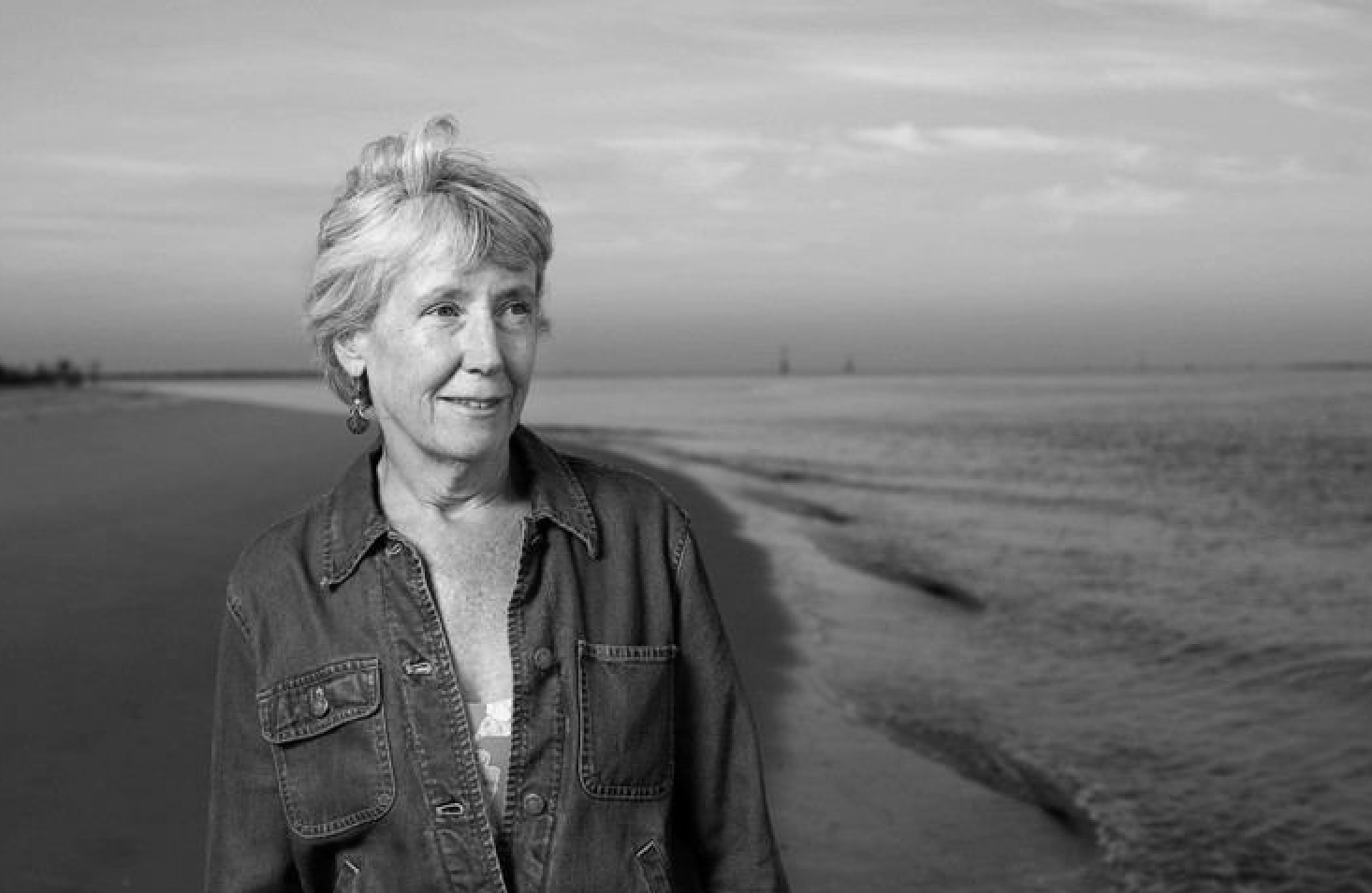
Dr. Cindy Lee Van Dover, the Harvey W. Smith Distinguished Professor Emerita of Biological Oceanography at Duke University, has been a pioneering force in deep-sea science for over four decades.
Renowned for her groundbreaking research on hydrothermal vent ecosystems, she has also been instrumental in shaping environmental policies concerning deep-sea mining, advocating for responsible stewardship of these fragile marine environments.
Born on May 16, 1954, Van Dover earned her B.S. in Environmental Science from Rutgers University in 1977, followed by an M.A. in Ecology from the University of California, Los Angeles in 1985. She completed her Ph.D. in Biological Oceanography in 1989 through the joint program between the Massachusetts Institute of Technology and the Woods Hole Oceanographic Institution.
Her early career was marked by her participation in the first biological expedition to hydrothermal vents on the East Pacific Rise in 1982, a venture that ignited her enduring fascination with deep-sea ecosystems.
Notably, Van Dover became the first woman certified to pilot the deep-submergence vehicle Alvin, commanding 48 dives in the early 1990s.
Van Dover's research has significantly advanced our understanding of chemosynthetic ecosystems, focusing on the biodiversity, biogeography, and connectivity of invertebrates inhabiting hydrothermal vents.
She has published over 100 peer-reviewed articles and authored seminal works, including Deep-Ocean Journeys (1997) and The Ecology of Deep-Sea Hydrothermal Vents (2000), the latter being the first textbook dedicated to the subject.
Her leadership roles have included serving as the director of the Duke University Marine Laboratory and chairing the Division of Marine Science and Conservation at Duke's Nicholas School of the Environment.
Beyond academia, Van Dover has been a vocal advocate for the development of stringent environmental regulations governing deep-sea mining.
She has participated in baseline studies for companies like Nautilus Minerals to inform environmental management strategies. In a 2011 Nature article, she emphasized the urgency of establishing effective conservation practices before the commencement of mining activities on the international seabed.
Her pragmatic approach acknowledges the inevitability of deep-sea mining, advocating for collaborative efforts between scientists and industry to ensure environmentally responsible practices.
Through her research and advocacy, Van Dover remains a leading voice in balancing the pursuit of mineral resources with the imperative of preserving the ocean's most enigmatic ecosystems.



